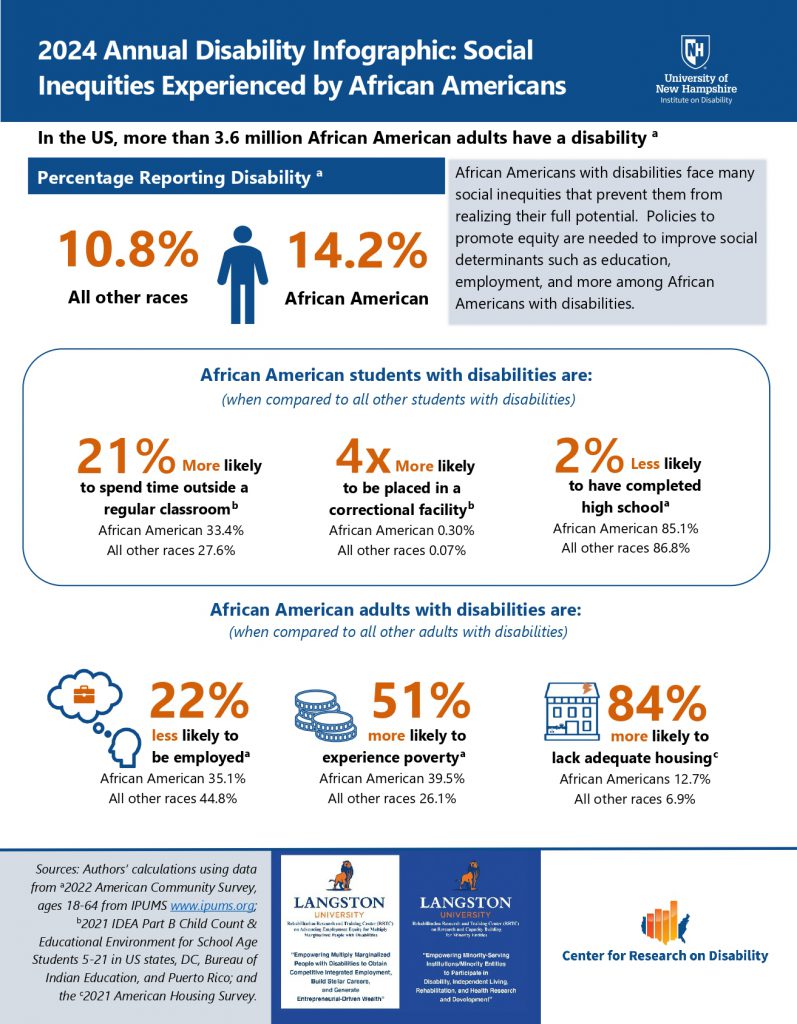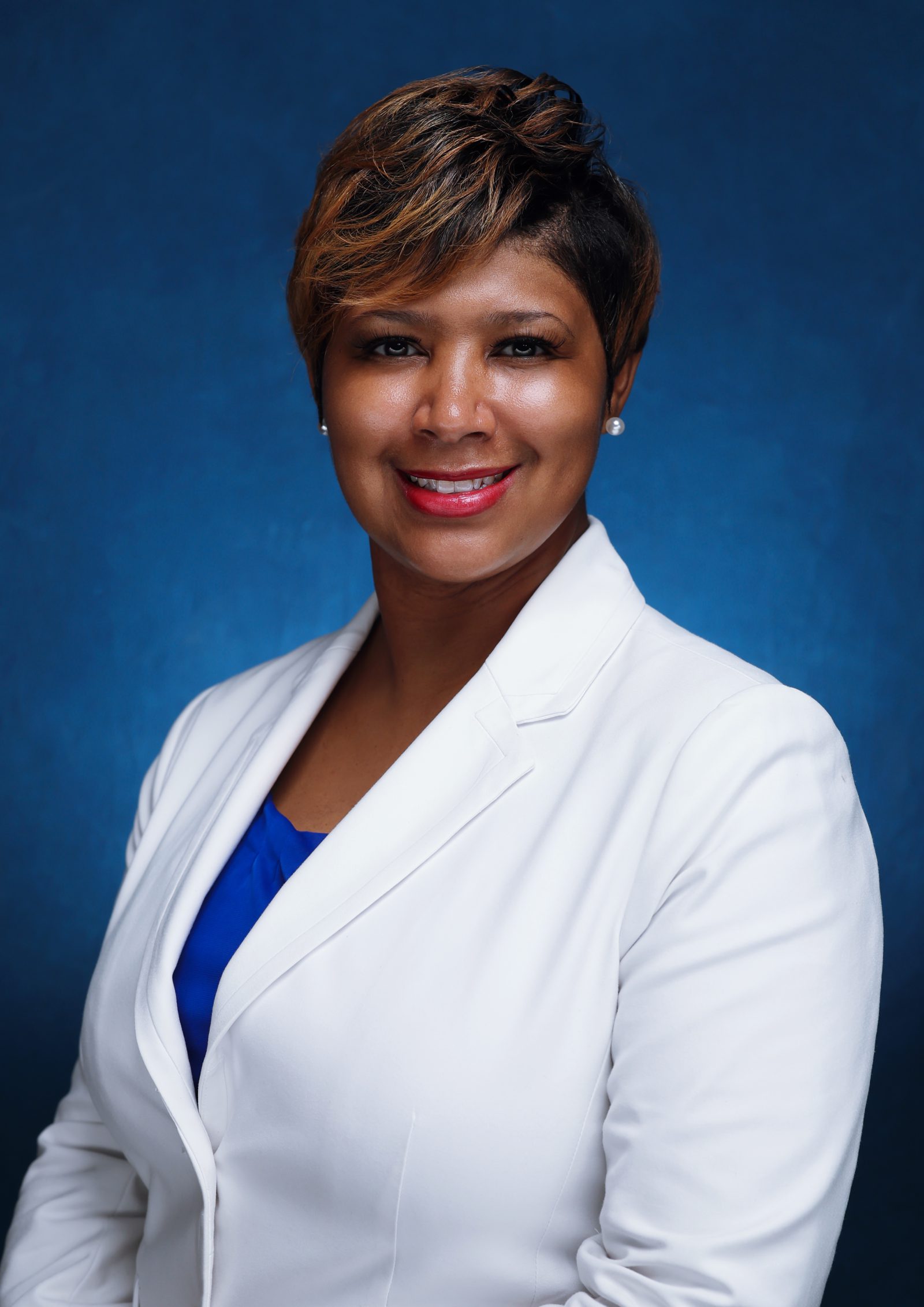by Aron Smith
Jackson State University reaffirms its commitment to research excellence and innovation by awarding seven professors with a Faculty Research Seed Grant. Among the distinguished winners, Dr. LaTarsha Michael, assistant professor in the College of Health Sciences, stands out for her research on alternative teaching methods for students with disabilities. This initiative could mean significant advancements in educational inclusivity.
JSU’s Interim Vice President of Research and Economic Development Dr. ConSandra McNeil lauded the Faculty Research Seed Grant Program for fostering innovation and collaboration.
“These grants are designed to jumpstart transitional and exploratory projects,” she said. “It’s about pioneering ideas, developing feasibility studies, and ultimately growing these projects into larger research endeavors. It’s about motivation, infrastructure, and providing the tools needed for our faculty to succeed and contribute to our university’s research goals,”.
Michael expressed her gratitude for the recognition. “I feel very excited,” she said. “The biggest thing is the excitement that someone, or those who reviewed my proposal, thought it was worthy of being displayed this way. I am eager to start the project and delve into the research.”
Michael’s research focuses on optimizing traditional and hybrid programs at JSU’s College of Health Sciences to better support students with disabilities. She aims to identify and implement strategies contributing to positive educational outcomes and foster a community of new science professionals.
JSU’s Assistant Director for Disability Services Dr. Arron Richardson emphasized the significance of Michael’s research. “Dr. Michael’s work addresses the challenges that students with disabilities often encounter. By exploring alternative teaching methods, she’s creating a more inclusive and supportive learning environment. This aligns with our commitment to diversity and ensures that all students can succeed at JSU.”
This announcement coincides with Disability Pride Month, which has been celebrated for over 30 years since the passage of the Americans with Disabilities Act. According to the Pew Research Center, this Act has paved the way for the rights and recognition of the 42.5 million Americans with disabilities, who comprise 13% of the civilian noninstitutionalized population, per U.S. Census Bureau data from 2021.

Michael’s project seems particularly timely given the numerous social inequities faced by African Americans with disabilities. The University of New Hampshire Institute on Disability highlights the need for policies promoting equity to improve this demographic’s education and employment opportunities.
A critical moment that inspired Michael’s research occurred during a Kahoot! game at a conference. The game’s time-sensitive nature posed challenges for students with disabilities, emphasizing the need for more inclusive educational tools.
“This experience made me want to evaluate how we, as a university, can ensure our programs are truly inclusive and effective,” she said.
Michael emphasized the societal benefits of her research, which include developing strategies that prioritize inclusion and success in health science programs and creating educational initiatives that enhance teaching and learning experiences for students with disabilities. These efforts aim to impact the academic landscape at JSU and nationwide significantly.
Collaboration is a cornerstone of Michael’s approach. She envisions a future where her findings are shared and can be applied across all departments and colleges at JSU, reflecting the university’s mission of supporting all students to reach their full potential.
“For universities aiming to better support students with disabilities, I recommend fostering inclusivity and accessibility,” Richardson said. “This means investing in accessibility, offering comprehensive support services, providing ongoing training for faculty and staff, involving students with disabilities in decision-making, and continually improving support programs. These efforts create an environment where all students can succeed.”







